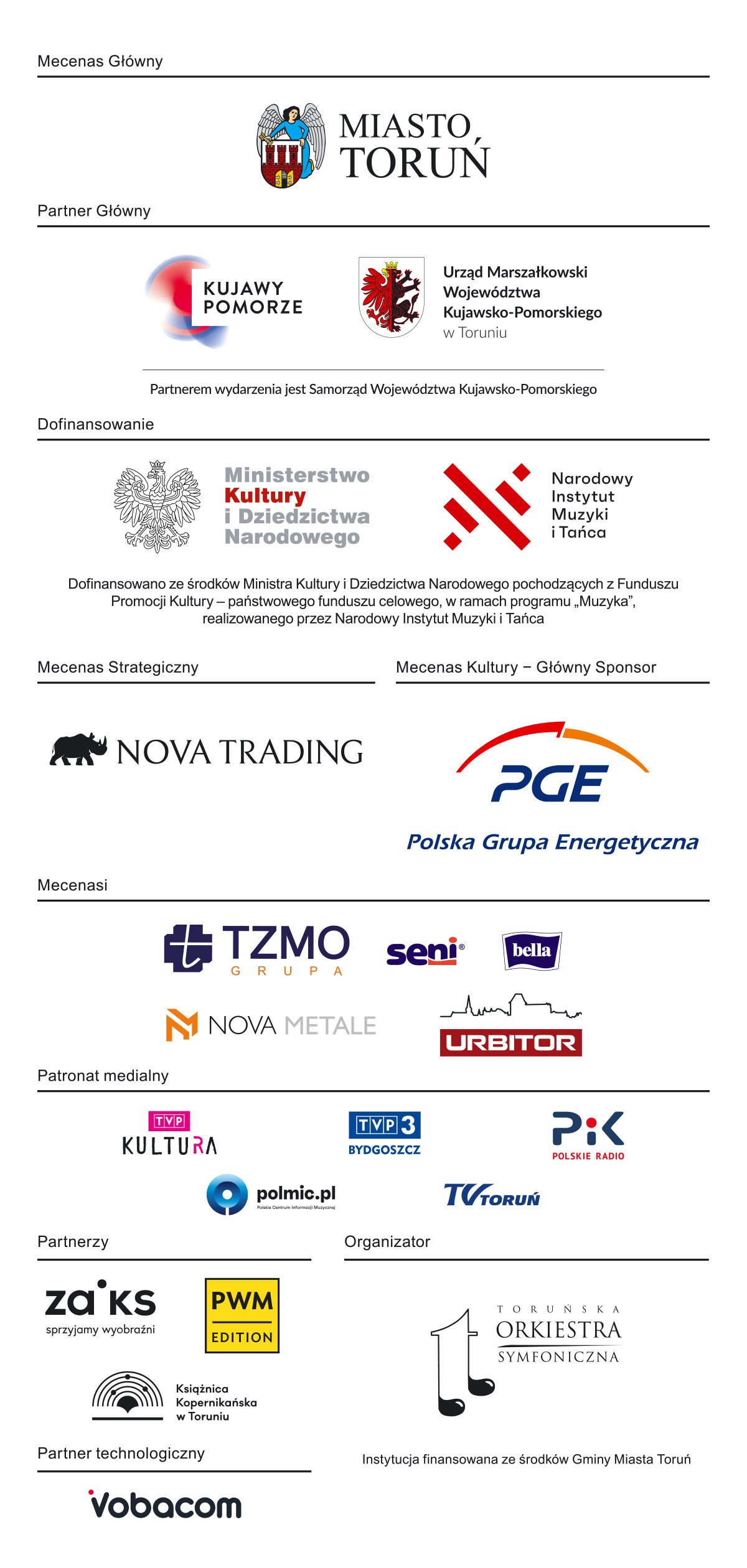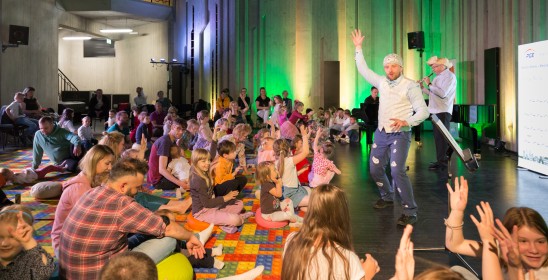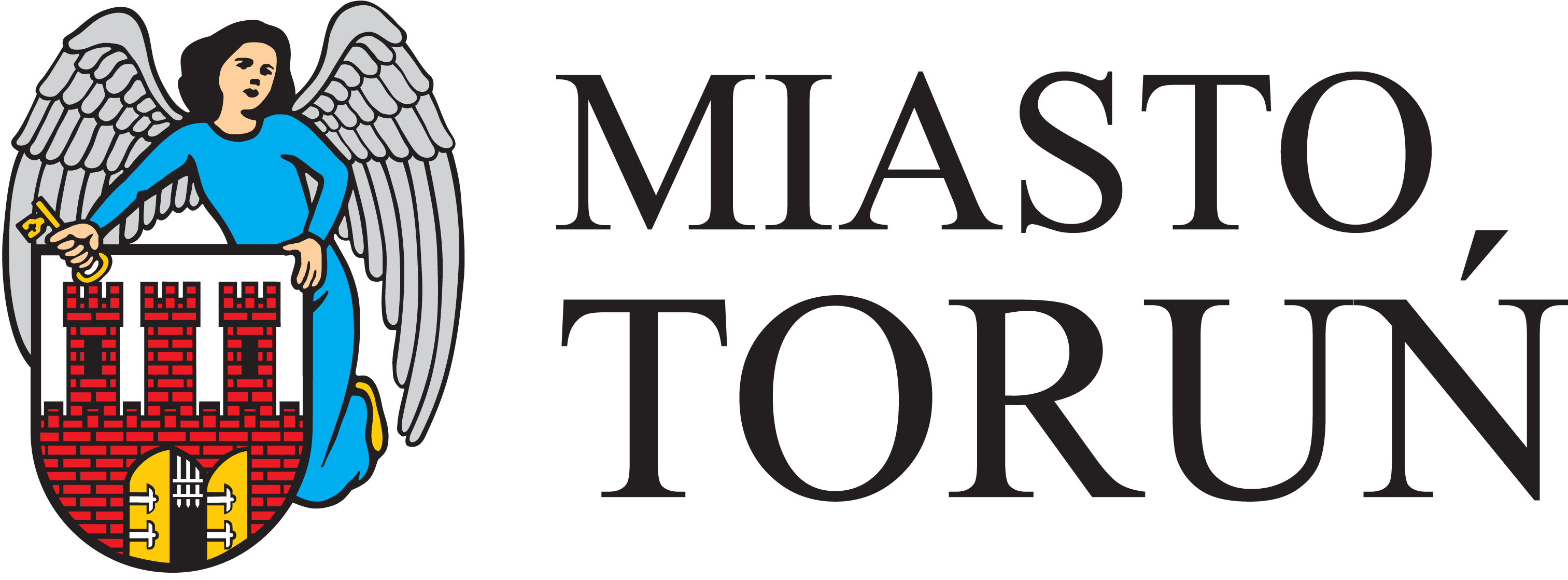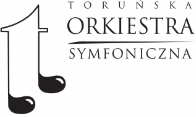Koncert Kameralny | SEROCKI #100
Koncert odbędzie się w ramach projektu SEROCKI #100
Performers:
Łukasz Długosz - flute
Agata Długosz - flute
Andrzej Jungiewicz - piano
Gabriela Ułanowska - lecturer
In the program:
Z. Kozub - Farewell for 2 flutes and piano
K. Serocki - Arrangements for 2 flutes
P. Perkowski - Romantic sonnet for flute and piano
P. Moss - Moments musicaux IV for 2 flutes and piano (PREMIERE PERFORMANCE)
P. Perkowski - Sonata for flute and piano
E. Fabiańska-Jelińska - Persistance
I. Shcherbakov (Ukraine) - Farewell for 2 flutes and piano (PREMIERE PERFORMANCE OF THE CHAMBER VERSION)
J. Siwiński - Gismondo for 2 flutes and piano
The flute, although an inconspicuous instrument in appearance, figured prominently in the development of Polish music in the 20th century. Before we talk about this, however, it is worth realizing when European music became interested in this instrument in the context in which it gained popularity in the compositions of Polish composers, for whom timbre became a particularly interesting issue - one which, in the case of Serocki himself, ultimately remained the focus of his work.
However, as far as the flute is concerned, among the most recognizable examples of the use of its specific timbre, still in a completely traditional way, are French compositions of the early 20th century. In Cleaude Debussy himself, the timbral qualities of the instrument, strongly exposed in combination with a tonal concept isolated from traditional major-minor harmonics, for example in the famous Prélude à l'après-midi d'un faune, strongly influence the expressive idiom of his music. In Poland, one of those whose attention turned particularly clearly towards the flute as well as other woodwind instruments was Witold Szalonek, and this was in the 1960s. Of course, all this was in the context of the most debated problem of compositional technique among Polish composers at the time, namely the issue of sonoristics. At the beginning of the 1960s, Witold Szalonek composed his Concertino for flute and chamber orchestra, which became an impulse to explore the expressive possibilities of the flute in the context of new Polish music. After thorough studies, the composer developed a system for the functioning of this instrument not only as a vector of melody, but precisely as a source of specific timbres, which he achieved together with the performers, for example, by provoking the producing combined sounds on woodwind instruments, which acoustic structure consisted of up to four simultaneously sounding tones.
Serocki's chamber composition exposing the specific expressive potential of the flute, Arrangements for 1-4 flutes, dates from the mid-1970s - it was first performed in Poland in 1978, and its premiere took place two years earlier in Witten. During composing this piece, the composer collaborated with Czesław Pałkowski, whom, incidentally, he had consulted in 1974 when writing Concerto alla cadenza per flauto a becco e orchestra. The timbral effects that dominate both compositions are precisely the result of this collaboration.
In addition to Kazimierz Serocki's Arrangements for 1-4 Flutes, in which the flute appears as a source of timbre, the concert will feature works representing the oeuvre of very different figures on the composer's scene. The flute thus serves a various purposes in them. Starting with Piotr Perkowski, whose sonata in a way enshrines the basic principles of neoclassical composition using the flute as a typical solo, melodic instrument, through his Romantic Sonnet, which alongside Piotr Moss's piece, brings to the fore the expressive qualities of the flute, to compositions inspired by extra-musical content, such as Gismondo for 2 flutes and piano by Jarosław Siwiński, a Warsaw-based composer and pupil of Włodzimierz Kotoński.
The concert will include the world premiere of the aforementioned composition by Piotr Moss. There will also be a Ukrainian accent, as the artists have decided to introduce to the audience a chamber version of one of the movements entitled Farewell of the Flute Concerto 'Oleg Kyva in memory' from 2008 by Igor Shcherbakov, a Ukrainian composer and winner of, among others, the Taras Shevchenko National Prize.
Karol Furtak
*Free tickets will be available in the box office in CKK Jordanki from September 1, 2022








